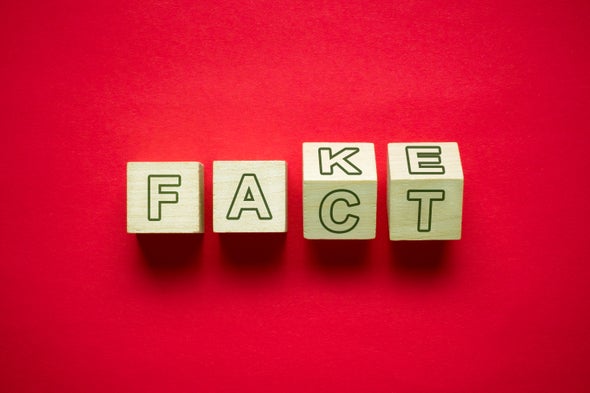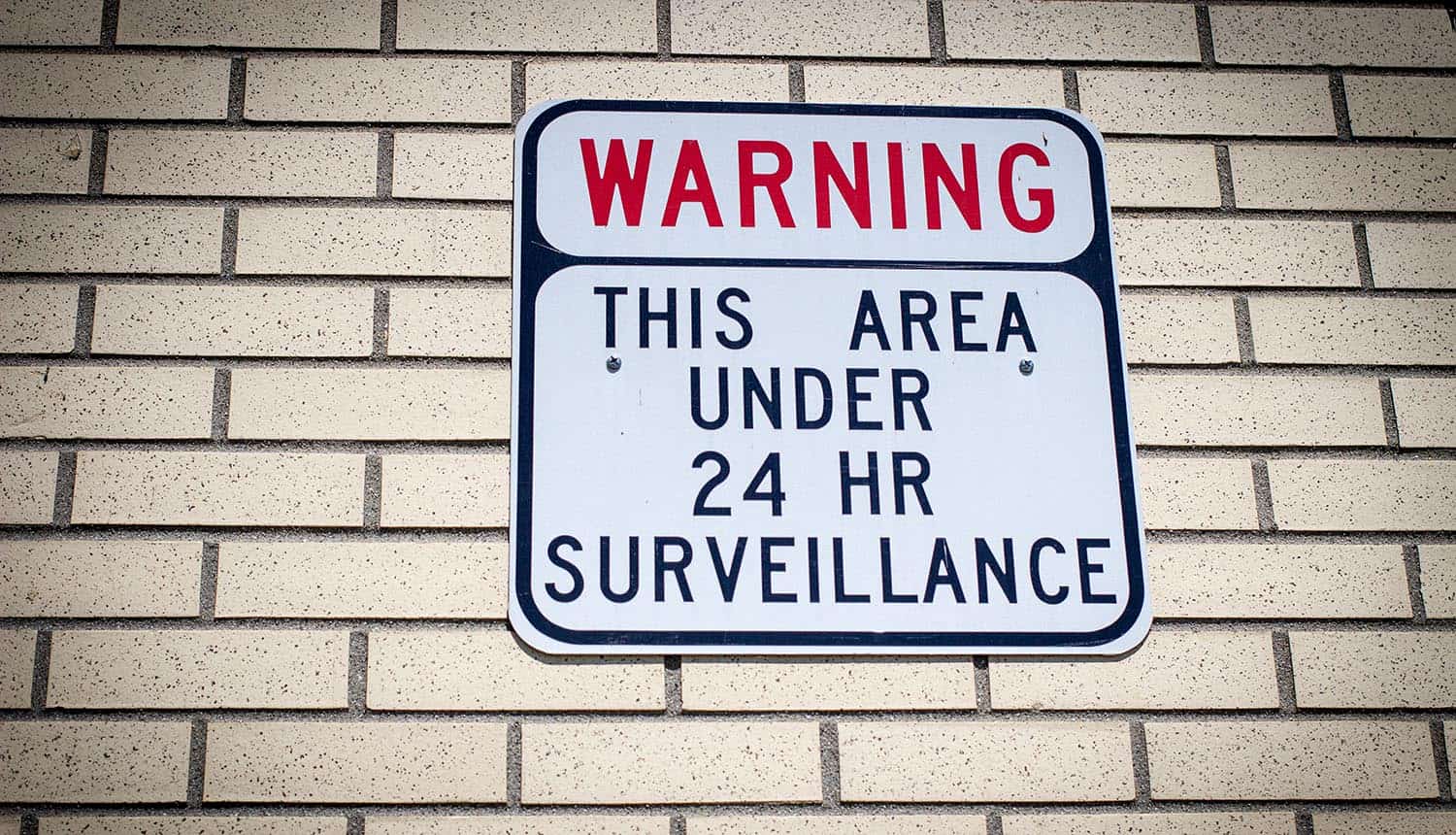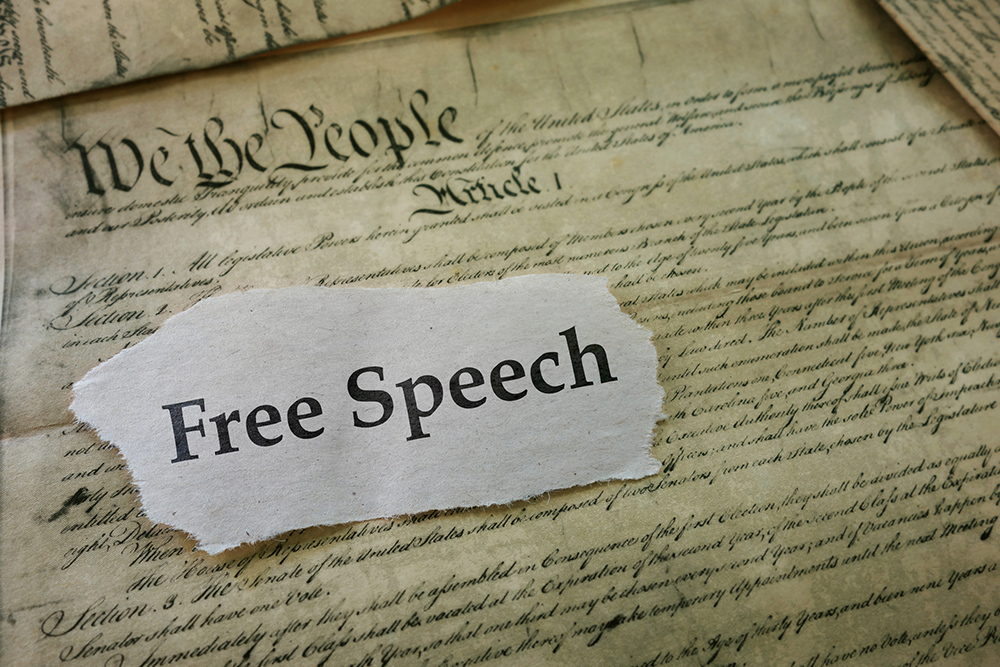Society has a strange relationship with technology, some people feel that it does more harm than good, while others accept it as part of an ever evolving society. I think that there are good and bad aspects of technology being such an integral part of the world.
To start, I think that I should examine my relationship with technology. I personally am not a huge fan of social media, and do not go on Instagram or Facebook that often. I think that these outlets are great for people that want to share their experiences with the world, but at the same time, I am not concerned with whether or not people know what I’m doing. This isn’t to say that I am not addicted to my phone, though. I spend far too much time on messaging back and forth with my friends and playing mobile games. I think that at least for me, and most likely a lot of people, we could be more productive if we spent less time on our mobile devices.
On a broader scale, I think that government surveillance is one of the drawbacks of technology. I remember writing for a previous blog about how the government is able to use license plate readers to track the movements of anyone that drives, which is scary. Recently, a Chinese company called BigPixel took a satellite photo that was one billion pixels from a satellite. This is an amazing feat that we are able to take clear photos that show people’s faces all the way from space, but it also raises the question of how this technology will be used in the future. It is hard to imagine a future where governments are not using this type of technology to monitor people’s activities. I think that it creates a lack of privacy, and if this technology were used for something like Google Earth, I would not mind it as much. The problem is when governments want to invade our privacy for what they claim is a new way to keep us safe.
During this pandemic, we are spending much more time on the internet. I think that this may actually be a good thing. It provides people with an outlet for entertainment, when many places in public are closed. Technology has helped to keep us entertained for decades, but I believe that if this situation were to happen even twenty years ago, people would become more restless and be more opposed to the lockdown, as it would be harder to connect with friends and family, and all digital entertainment would come from what shows and movies you happened to have on VHS or DVD. Thanks to Netflix and YouTube providing a massive library of content, we have more options than ever to stay entertained. In addition to this, cell phones and computers have made connecting with loved ones easier than ever before. People are having virtual parties on Zoom, making phone calls, and are able to send texts or Snapchats whenever they want. In this regard, I do think that technology is more important than ever in these times, and while some aspects of our increasingly technological world are negative, I think that it is generally a good thing and we can look forward to many more advancements in this area.
Sources:




/cdn.vox-cdn.com/uploads/chorus_image/image/66601111/M1026_HMMWV_repaired_MW2.0.png)



